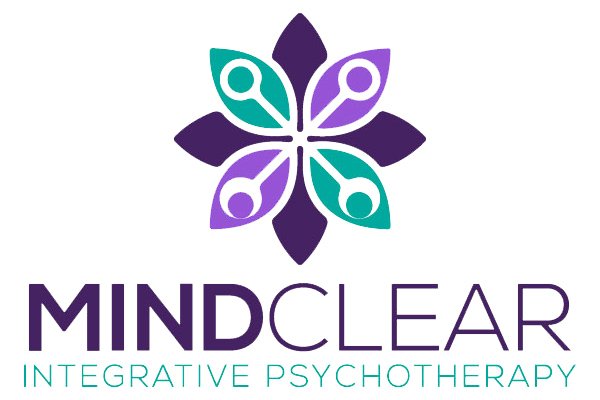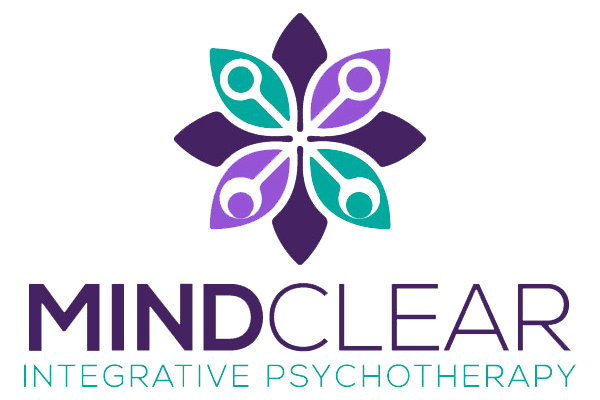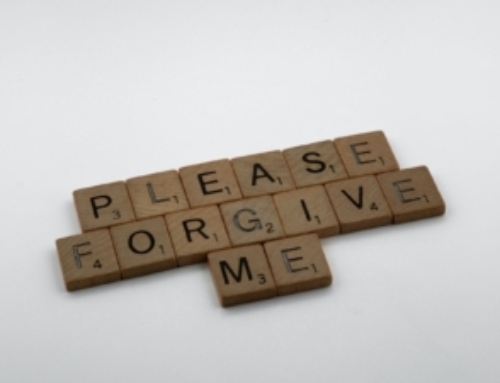
Dissociation is a common, yet frequently overlooked, factor in “serious mental illness.” Although usually associated with dissociative disorder diagnoses, high levels of dissociation are also found in individuals diagnosed with posttraumatic stress disorder, schizophrenia, and, to a lesser degree, borderline personality disorder. Mental health scholars Jon G. Allen, PhD, Dick Corstens, MD, and Andrew Moskowitz, PhD have separately been at the helm of several studies exploring and giving evidence for the strong link between dissociation and hearing voices, confused thinking, disorganized speech, strange beliefs, identity disturbances, and other anomalous experiences.
The greater the level of dissociation, the more difficulty one has in benefiting from psychological or drug treatments. But, what is dissociation?
The academics who are often looked to for definitive answers do not agree on its precise definition. In its most simplistic aspects, dissociation might be considered to be akin to disconnection. But, dissociation is so much more complicated and difficult to define, as evidenced by the great lengths scholars and mental health professionals will go to in their attempts to provide some understanding while never quite managing to completely do so.
This may be because words defy what dissociation truly is: an experience.
Dissociation is numbness and nothingness; it is a feeling of being lost; it is floating on a cloud that threatens to suffocate; it is automatic speech and action without awareness or control; it is looking at the world and blinking to try to remove the blurry fog; it is hearing and seeing the immediate world and simultaneously feeling very far away; it is raw fear; it is unfamiliarity in familiar places; it is possession; it is being haunted everyday by unknown monsters that can be felt but not seen (at least not by others); it is looking in the mirror and not knowing who is looking back; it is fantasy and imagination; and, above all else, it is survival. Dissociation is all of these things and none of them at once.
While clearly the concept of dissociation cannot be strictly defined, the phenomenon itself can easily be recognized by one who is familiar with it. And yet, few mental health professionals are trained to identify it, let alone understand it. Why?
This is a question I have been trying to answer for many years. In large part, dissociation does not provide any favors to the biomedical concept of disease, especially as it appears in psychosis, and so it is not a focus within such a paradigm. This is because dissociation is a normal human reaction to overwhelming chronic stress and/or trauma, not a disease process. It serves to defend the self against stress and trauma by disconnecting the mind from its capacity to perceive what is too much for the person to bear.
Trauma, especially that which is inflicted on a child by caregivers, is something that is often denied by both society and the individual experiencing it. To deny the effects of early chronic stress (trauma really only being one type of stress that is narrowly defined by society) as it is exhibited in present-day difficulties due to diagnosis is itself dissociation.
When one enters into a dissociative state, the entire brain shuts down except the areas vital to survival, and those related to emotions and speech. Fear of a terrifying past that enters into the presence may impede the actions of awareness, inhibition, or differentiation of internal and external reality. The past is the only reality that exists.
Additionally, when memories are formed in a state of dissociation, the brain maps these events in such complicated and foreign ways that manifestations of these memories in the present is usually exhibited in extraordinarily bizarre and confusing behaviors and experiences. Whether it is hearing voices, having altered personality states, or believing that the CIA is spying on you, dissociated memories serve to create a living horror story that would surely terrify any audience. Drugs might serve to damp down the fear, alcohol might ease the pain, but nothing can truly rid a person of the wicked and vile fragments of memory other than facing the past.
Whatever diagnosis might be given, when one is suffering from the effects of dissociation, one must be provided trauma-informed care. Trauma and dissociation lie at the root of most “serious mental illness.” It is a very individual process as far as who can fully heal from terror and how to do so. It is certainly an ongoing, possibly life-long journey with many hills and curves along the way, but a journey that one must go on to escape.
What is universal, however, is that nobody can or should do it alone. A caring other who can withstand not only the narrative of a horrid past, but also the creative ways in which the person has managed to deal with this past in the present is an absolute necessity. An other who is grounded when one is in another world; an other who is solid when one is fragmented shards floating in the wind; an other who STAYS, physically and emotionally, without judgment; an other who can tolerate not knowing even when one is begging and pleading for an answer; an other who is an equal; an other who does not violate, harm, or oppress; an other who is curious but not voyeuristic; an other who can guide and model without needing to be authoritarian or expert; an other who is not perfect, and is not afraid to show it; an other with all, any, or most of these qualities is what is needed to reign in the dissociative processes to manageable levels and to provide one with some semblance of “self.”
This is a tall order, and not one that is inherent in many therapists. But they do exist, as do extraordinary others who are not trained at all, and can be found with some effort and perseverance.







